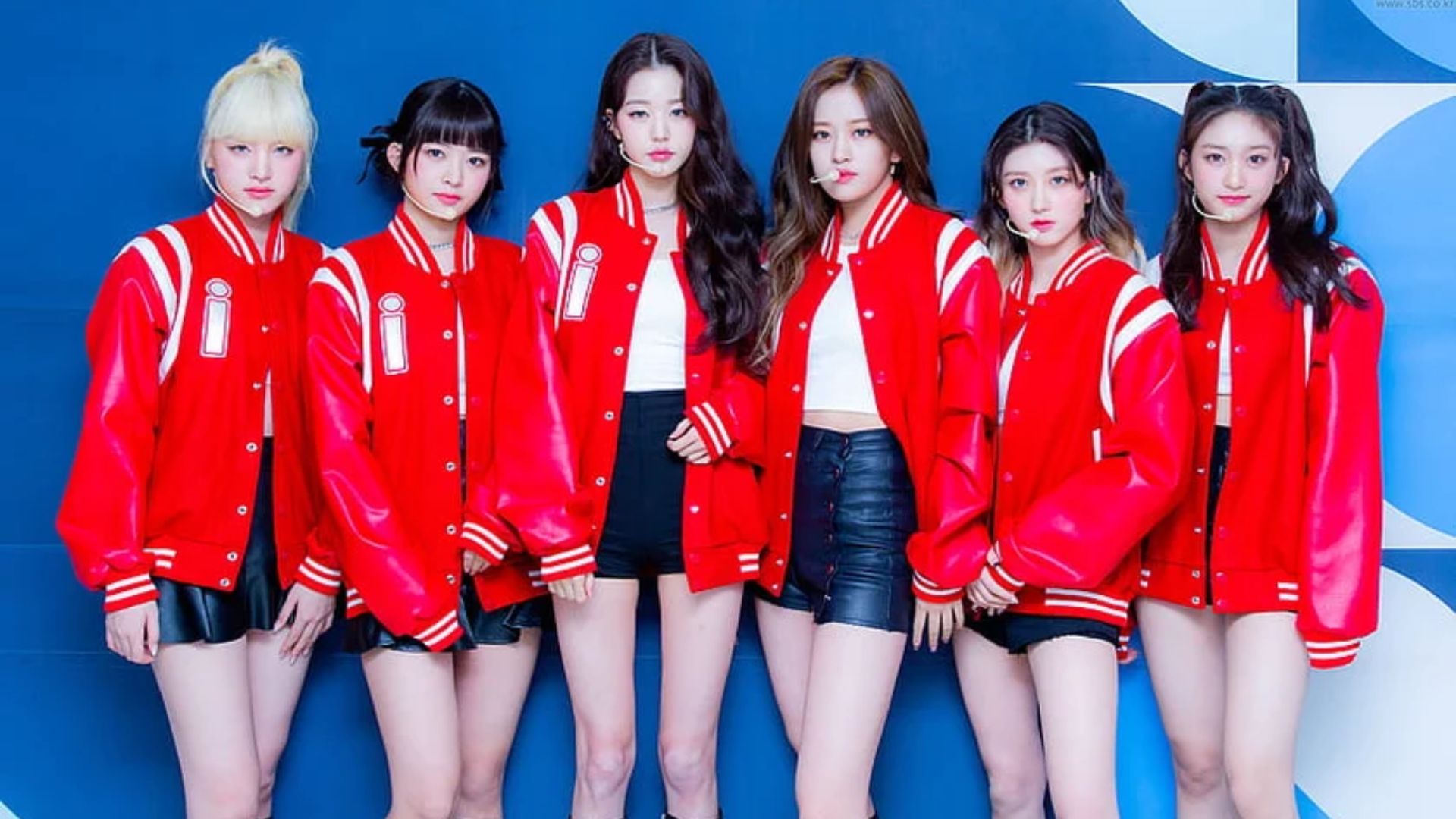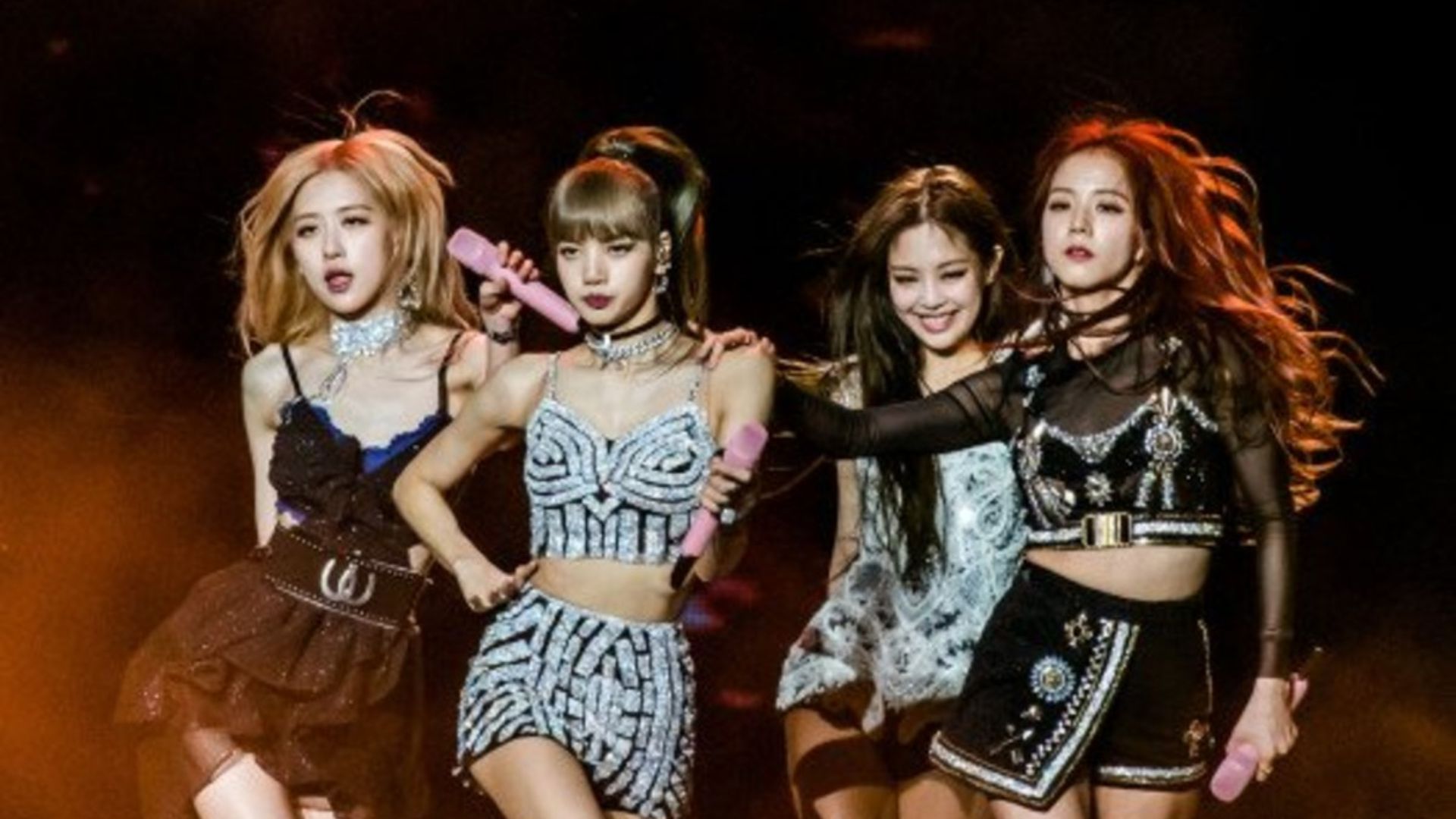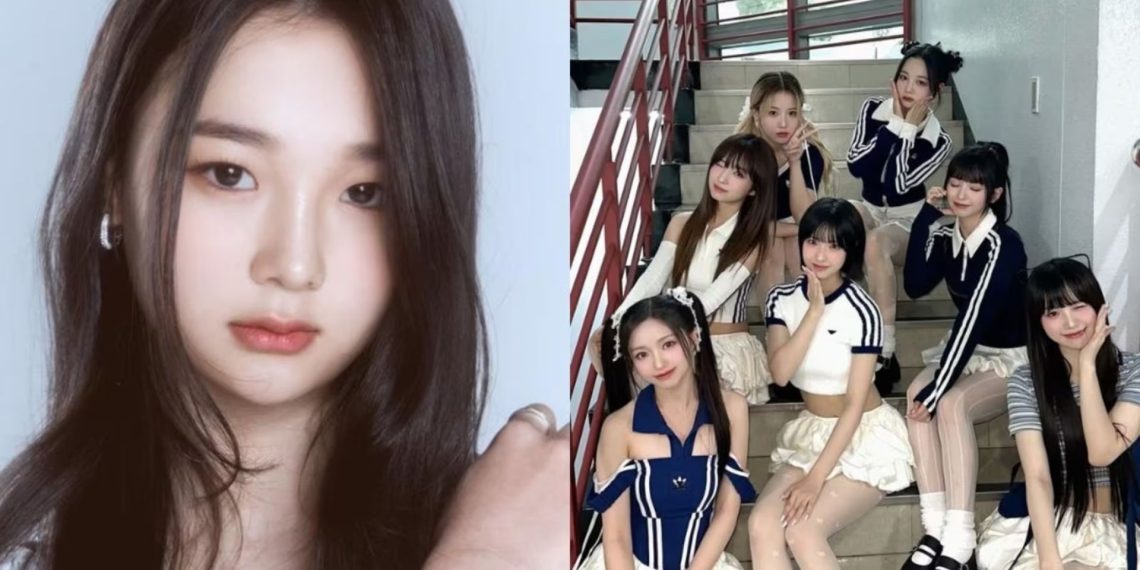Idol groups are known for their creativity, charm, and dedication to entertaining their fans. However, a recent controversy surrounding an idol group’s concept for their new album has sparked intense debates. Fans and critics alike are discussing whether the group’s new image crosses the line of appropriateness.
The idol group in question released teasers for their latest album, showcasing a bold, provocative theme. While pushing boundaries and reinventing concepts are common in the music industry, many fans feel that this new approach relies too heavily on over-sexualization. The group, known for its youthful and energetic image, seems to have taken a dramatic turn, with outfits, choreography, and promotional material that some describe as inappropriate or exploitative.
Social media platforms exploded with opinions. Some fans expressed disappointment, feeling that the new concept overshadowed the group’s genuine talent and artistry. Others defended the creative direction, arguing that it reflects the group’s growth and exploration of mature themes. However, the debate quickly expanded beyond fans, drawing in cultural critics and even parents concerned about the influence on younger audiences.

Critics have pointed out that the issue may not lie solely with the idol group but with the entertainment industry itself. Many argue that young artists are often pressured by agencies and producers to adopt controversial or provocative images to boost sales and gain attention.
This pressure raises questions about the ethical treatment of idols, particularly younger ones, in the industry. Are they given a say in their image and concepts? Or are they simply following the directives of their management? The debate also highlights the ongoing issue of balancing artistic freedom with social responsibility.
As the criticism grows, fans have taken action. Some are calling for the group’s management to rethink their approach, urging them to prioritize the well-being and comfort of the idols over short-term commercial gains. Others have started campaigns encouraging more focus on the group’s musical and performance abilities rather than controversial marketing tactics.

Meanwhile, several advocacy groups have joined the discussion, urging entertainment companies to consider the broader impact of their decisions. They argue that idol groups, often admired by young audiences, have a responsibility to set positive examples and avoid reinforcing harmful standards.
As the controversy continues, the idol group and their management have yet to release an official statement addressing the backlash. Fans are eagerly awaiting clarification and hope the group’s perspective will shed light on whether this concept truly aligns with their vision or if it was primarily a business decision.
This situation reflects the complex dynamics between creativity, commercial success, and ethical responsibility in the entertainment industry. While considering new themes is an important part of artistic growth, finding a balance that respects both the idols and their audience remains a challenge. Fans and critics alike are now watching closely to see how this issue unfolds and whether it leads to meaningful change in the industry.





